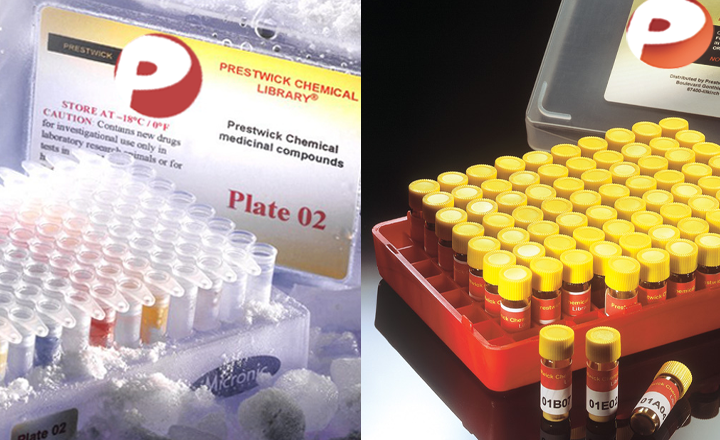The first wide-scale drug repurposing screen using the Prestwick Chemical Library (1200 bioactive molecules) against Neisseria gonorrhoeae identifies high in vitro activity of auranofin and many additional drugs
Foerster S, Gustafsson TN, Brochado AR, Desilvestro V, Typas A, Unemo M
Journal of Pathology, Microbiology and Immunology - vol. 128 242-250 (2020)
Journal of Pathology, Microbiology and Immunology
Treatment options for gonorrhoea are scarce. Drug repurposing of bioactive molecules approved for other conditions might therefore be of value. We developed a method for wide-scale, systematic drug repurposing screen to identify molecules with activity against Neisseria gonorrhoeae and screened the Prestwick Chemical Library (1200 FDA-approved drugs). As a proof-of-concept, we further examined one promising and interesting screening hit (auranofin; antirheumatic agent). Three WHO gonococcal reference strains (WHO F, O, P) were used for the Library screening. The strains were grown in presence of a fixed concentration of the library drugs in 384-well plates for 12 h, and the remaining bacterial respiration, to reflect growth, was then quantitatively measured using optical density (OD) 450 nm and a resazurin assay. The activity of auranofin was further examined using in vitro susceptibility testing (minimum inhibitory concentration (MIC) and minimum bactericidal concentration (MBC)) against genetically diverse antimicrobial-resistant N. gonorrhoeae strains and time-kill assays. Sixty-eight molecules significantly inhibited bacterial growth of WHO F, O and P. Auranofin showed potent in vitro bactericidal activity (in MIC-, MBC- and time-kill assays) against four WHO reference strains. No cross-resistance between auranofin and any antimicrobial currently or previously used for gonorrhoea treatment was found when examining 51 selected antimicrobial-resistant gonococcal strains. In conclusion, this is the first wide-scale systematic screening effort for repurposing drugs for future treatment of gonorrhoea. Additional studies examining mechanism(s) of action, resistance development, in vivo anti-gonococcal activity and pharmacokinetics/pharmacodynamics for gonococcal infections of auranofin and several other significant screening hits would be valuable.


